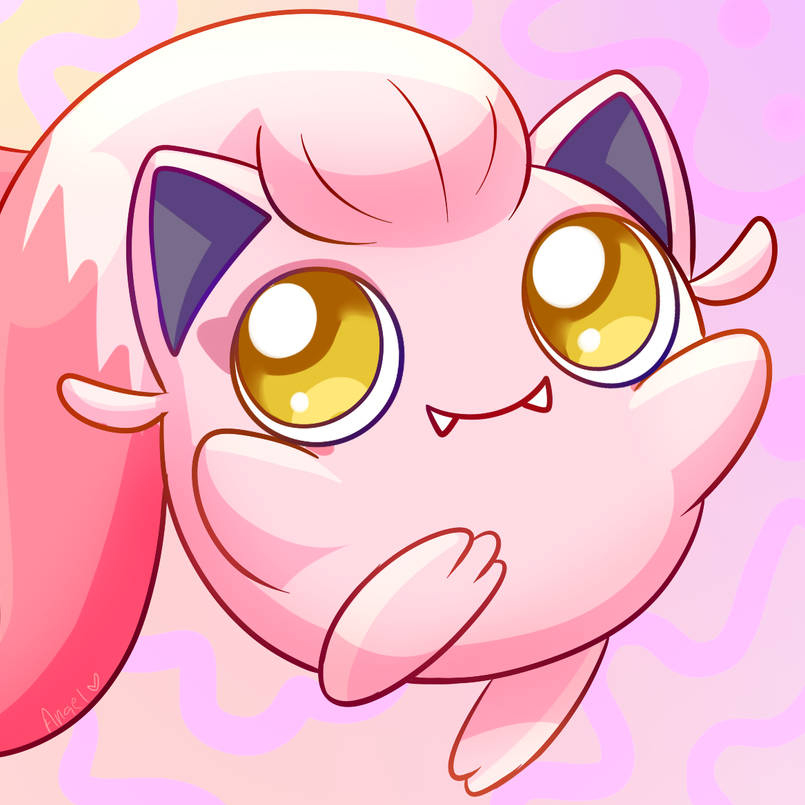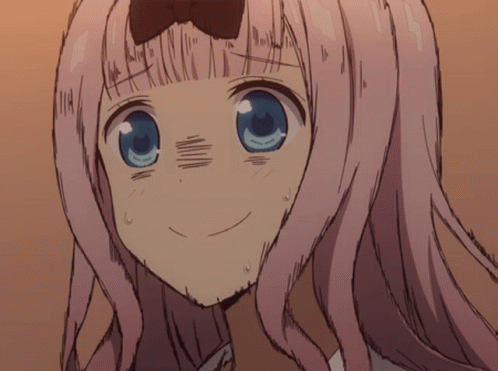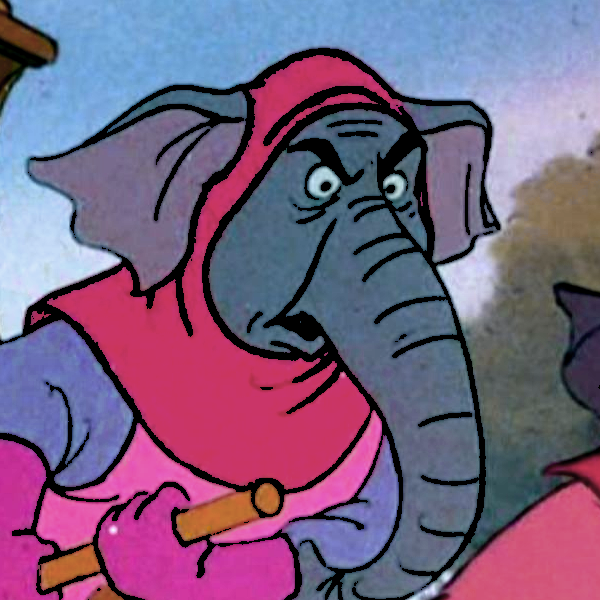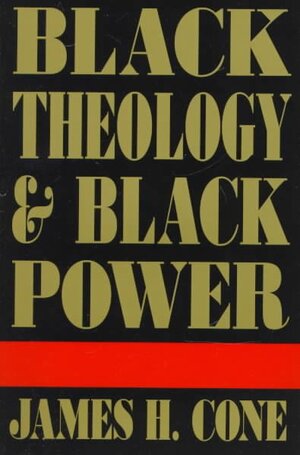i think a lot about just how many people fascism and the right are alienating and trying to oppress
and i really wonder if everyone else in history didn't have the same kind of sense. i dont think they did, but is that our 'enlightened' bias? did thomas mueztner expect peasant women to be an integral part of his peasant rebellion???
but anyway intersectionality and firearms are what really give me hope so dont ruin that for me
The Chicago Black Panther Party was doing intersectionality with feminists, a group of Puerto Rican activists called the Young Lords and poor whites known as the the Young Patriots in the 60s.
There's a decent documentary on it called The First Rainbow Coalition that was produced by the Zinn Project.
also American Revolution 2 is a great docu
i do consider second half 20th century as "recent" and the sort of activism of that period as directly related to modern intersectionality.
e: not that this is irrelevant, anyone with a smidgeon of questions abt this topic need to go to these sources. this is where intersectionality was born and its the coolest
The term is new but the concept is not. It picked up in liberal academic circles because they're constantly rediscovering things that communists and anarchists already knew 150 years ago and forcing it through the lens of liberal "progress" as if it's a brand new insight. The important part is to remove the socialism aspect.
It ends up working as a form of recuperation, a toothless mimic of organising for social change that is frequently wielded against socialists that say, "economics too" (which, incidentally, was included in the original liberal definition).
Anyways I still use the term to communicate with liberals as a shorthand for "I'm not a reactionary, how about you?"
I’d say that as far as recognising the struggle of women and linking that with the wider struggle of the working class goes, that trend has been a thing as long as “communism” has existed as a theoretical concept. I think rights of the colonised were quickly integrated as well.
It took a lot longer for queer liberation to be accepted into the worldwide communist ethos.
Pill me on intersectionality because I got the impression it just meant adding as many adjectives as necessary to your identity until you were a minority of one.
intersectionality is academic-speak for solidarity. Without that we are just a bunch of solitary ideologues fumbling around in the dark
:heart-sickle:
Intersectionality is the idea that if A people are oppressed and B people are oppressed, then the oppression that an A B person faces may still have important differences from the sum of those two kinds of oppression.
This is very easy to observe if you choose to look at the intersection of poor people and trans people, who get all of both sets of problems plus the special hell of not being able to afford HRT.
The term also often gets misused as a sort of "we're all in one struggle and it won't be solved until we fight all forms of oppression" sentiment. Which is true and cool, and generally believed by all the people who care about intersectionality anyway, so nobody really minds that much about it being called intersectionality even when it's technically some other thing.
I got the impression
Hmm but where did you get that impression from exactly? Reading theory, or cultural osmosis? The right loves to use the term in a very vague and poorly understood way that basically comes down to whatever trends they dislike, and if you're absorbing the meaning from cultural osmosis then you're probably getting some of that influence in there.
The reality is that while intersectionality does concern itself with problems that are unique to specific intersections of identity, such a focus allows for a broader level of inclusion, and avoids generalizing over people's experiences. Intersectionality originates as a response to a tendency in early feminism to focus on the perspectives, experiences, and priorities of middle-class white women, and treating those things as universal. Non-intersectional feminism is still concerned with problems that concern people at a specific intersection of gender, race, and class, but it is only concerned with one specific intersection (i.e. women, white, and middle-class). Intersectionality is not about establishing a hierarchy of victimhood or saying that the more axes of oppression you're on the more valid your opinion is, rather, it simply allows for the recognition that the forms of oppression that people encounter are often varied and complex, and are not simply the sum of the parts. A black woman may encounter specific forms of discrimination that are not experienced by either a white woman or a black man. And there's stuff that a white woman might experience that neither a black woman nor a white man would.
Side note: there was a :bait: meme that went around back in the day (2010-ish maybe?) that assigned point values to various traits and you were supposed to add them up and the total would tell you how privileged you are. It was widely mocked (you get -500 points of privilege if you're trans, but instead get +10 if you're trans (passable) lmao) and it was often associated with the term intersectionality, but if you read anything I just wrote, then you should recognize that this is totally inconsistent with the concept of intersectionality. In ways that critics often pointed out! I remember people at this time loved to use the example that if you were a Jewish person living in a predominately Muslim country that hated Jews, you'd score as more privileged than a Muslim living in the same country. Almost as if the traits of religion and nationality... intersect in ways that are more complicated than just adding them together! It's funny but chuds will reinvent intersectionality while trying to dunk on what they think intersectionality is because they have zero theory and they're often dunking on libs who also have zero theory. Read theory!
So why is it important to acknowledge the unique differences that emerge from different intersections of traits? Well, first off because it's true. But also because recognizing these experiences means recognizing the value that different people's perspectives can add to a conversation. You can get a more complete picture of the world and recognize more ways in which discrimination can manifest by including more perspectives. By listening to the concerns of specific communities and people with specific intersections of identity, a movement can define goals in a way that has a broader appeal, and avoids making people feel alienated as they might be if your group was only concerned with its own largest demographic group. It is not necessary, or possible, to be everything to everyone and it's good to keep practical concerns in mind, but making an effort to hear people out can help to be more inclusive and expansive.
People's History has a couple of quotes sort of along those lines that stuck out to me when i read it
from Chapter 9: SLAVERY WITHOUT SUBMISSION, EMANCIPATION WITHOUT FREEDOM
Certain black women faced the triple hurdle-of being abolitionists in a slave society, of being black among white reformers, and of being women in a reform movement dominated by men. When Sojourner Truth rose to speak in 1853 in New York City at the Fourth National Woman's Rights Convention, it all came together. There was a hostile mob in the hall shouting, jeering, threatening. She said:
I know that it feels a kind o' hissin' and ticklin' like to see a colored woman get up and tell you about things, and Woman's Rights. We have all been thrown down so low that nobody thought we'd ever get up again; but ... we will come up again, and now I'm here. . . . we'll have our rights; see if we don't; and you can't stop us from them; see if you can. You may hiss as much as yon like, but it is comin'. ... I am sittin' among you to watch; and every once and awhile I will come out and tell you what time of night it is. ...
Through all the struggles to gain equal rights for blacks, certain black women spoke out on their special situation. Sojourner Truth, at a meeting of the American Equal Rights Association, said:
There is a great stir about colored men getting their rights, but not a word about the colored women; and if colored men get their rights, and not colored women theirs, you see the colored men will be masters over the women, and it will be just as bad as it was before. So I am for keeping the thing going while things are stirring; because if we wait till it is still, it will take a great while to get it going again... . I am above eighty years old; it is about time for me to be going. I have been forty years a slave and forty years free, and would be here forty years more to have equal rights for all. I suppose I am kept here because some-thing remains for me to do; I suppose I am yet to help break the chain. I have done a great deal of work; as much as a man, but did not get so much pay. I used to work in the field and bind grain, keeping with the cradler; but men doing no more, got twice as much pay-... I suppose I am about the only colored woman that goes about to speak for the rights of the colored women. I want to keep the thing stirring, now that the ice is cracked. . . .
from Chapter 13: THE SOCIALIST CHALLENGE
Black women faced double oppression. A Negro nurse wrote to a newspaper in 1912:
We poor colored women wage-earners in the South are fighting a terrible battle. ... On the one hand, we are assailed by black men, who should be our natural protectors; and, whether in the cook kitchen, at the washtub, over the sewing machine, behind the baby carriage, or at the ironing board, we are but little more than pack horses, beasts of burden, slaves! ...
https://www.historyisaweapon.com








